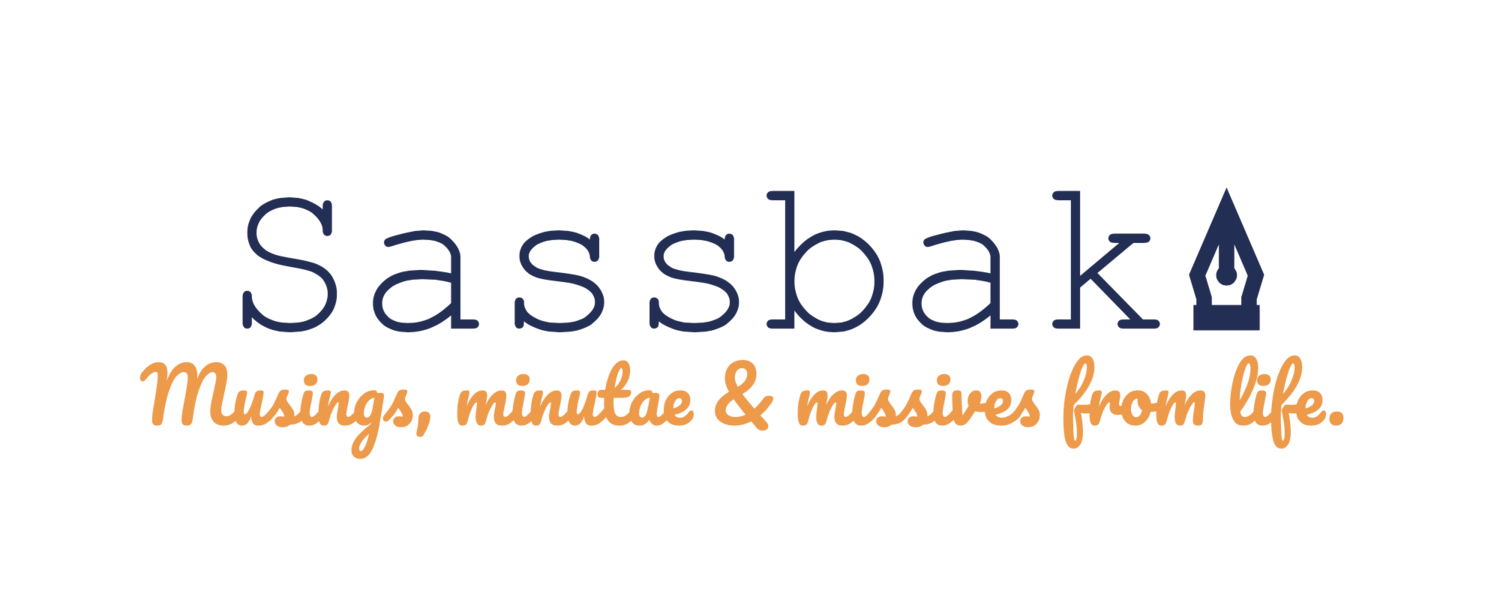In Defense of Copy
I’ve been reading David Foster Wallace’s Infinite Jest. Again. I thought it would be an excellent accompaniment to my first weeks in New York. It’s a delightful and complicated book that requires your full attention and your intellectual hustle to get the most out of it—much like New York City itself. Meaning, you don’t read this book unless you have a certain fondness for words, because there are an awful lot of them—1,000+ pages of them (and more if you include the end notes).
It’s exactly the kind of writing that no one seems to have the patience for anymore. If it’s not an above-the-fold 250-word-max fluff piece about a currently trending hashtag, then no one’s going to read it. (I mean, not no one, no one. There are plenty of dorks like me who’ll read a 7,000-word piece on Collectors Weekly about the history of lightbulbs for no immediate reason. I’m speaking more about the general culture of impatience and immediate gratification.)
I humbly posit that one of the reasons Trump has been such a terrible success is because of the short, declarative sentences comprised of uncomplicated and unvarnished vocabulary that plop out of his sphincter of a mouth. His grammar is as politically incorrect as the rest of him (to say nothing about being just plain incorrect). In this modern world that is so full of content, we the people like it simple and punchy and easy to understand.
Not to say simple and punchy is bad. I’m just wondering if, collectively, we can all get back our endurance for reading and writing—just a little bit. I know we’re all busy and listicles and .gifs are totes great, but when was the last time you enjoyed language? When you appreciated what you were reading not just from an informational or entertainment standpoint, but also from the standpoint of craft and style?
I’m not trying to play the part of the stodgy old writer who’s yelling at the Millennial whippersnappers to GTFO my lawn, but maybe we can all stop being so resistant to long copy, big books, and headlines that dangle wit instead of bait—because this means we’re growing resistant to things that make us think. And what happens when huge masses of people don’t think enough about something? Just ask the Republican Party.
Because the upshot of all of this brevity and entertainment is that brands and businesses start to assume that cat memes and listicles are the only thing the public understands. Working in advertising gives one a front-row seat to how culture and marketing’s symbiotic relationship can often result in the assumption that the audience (that’s us) lacks the intelligence or patience for anything that exceeds a third-grade reading level.
In our quest for the simple, punchy, and viral we may have confused “entertaining” with “dumb,” “simple” with “simplistic,” and “long” with “convoluted.” Most of us are much, much smarter than the average generator of Internet content thinks we are. I’m not saying we all should run out and read Infinite Jest twice (but, really, what’s stopping you?); but now that we are all writers in a way, maybe we can reinvigorate some curiosity about the language we use to tell the world about our lives and our work. Maybe we can treat words like paint instead of numbers, get creative, experiment and explore, and appreciate those who do. There's no reason we can't do this and still appreciate the hell out of a good cat video.
